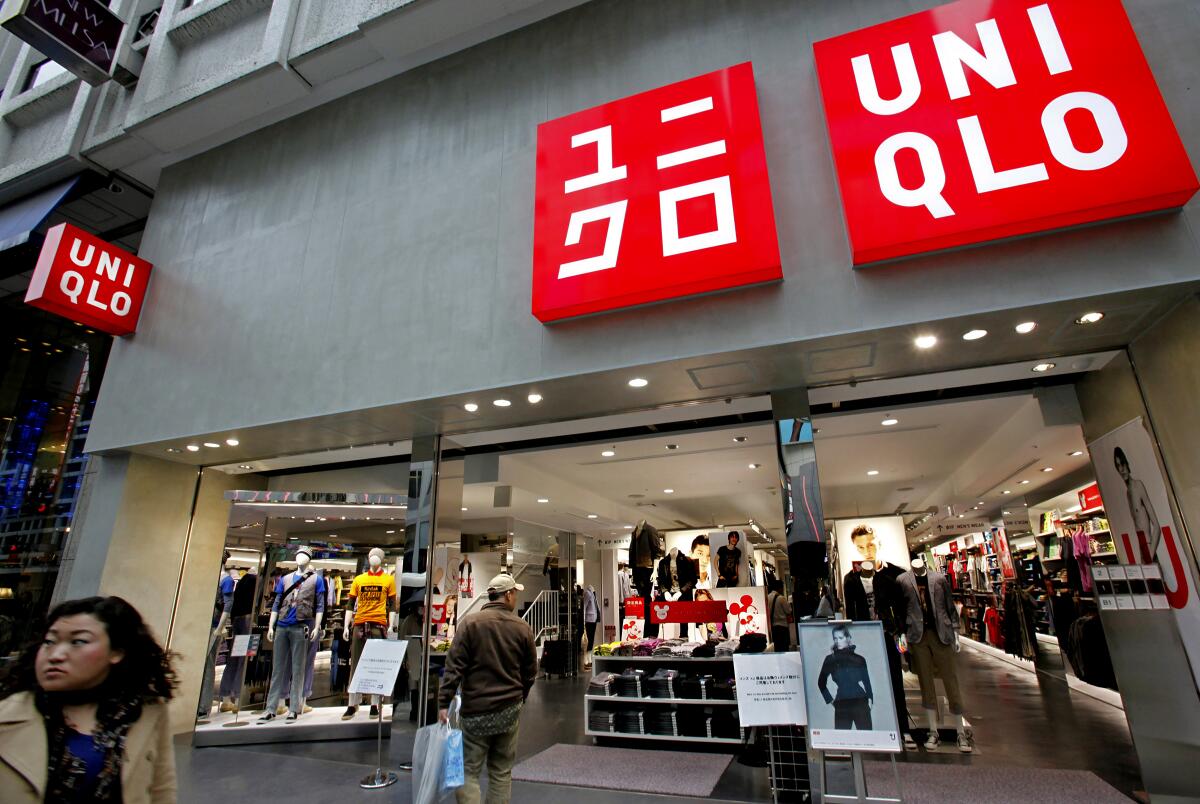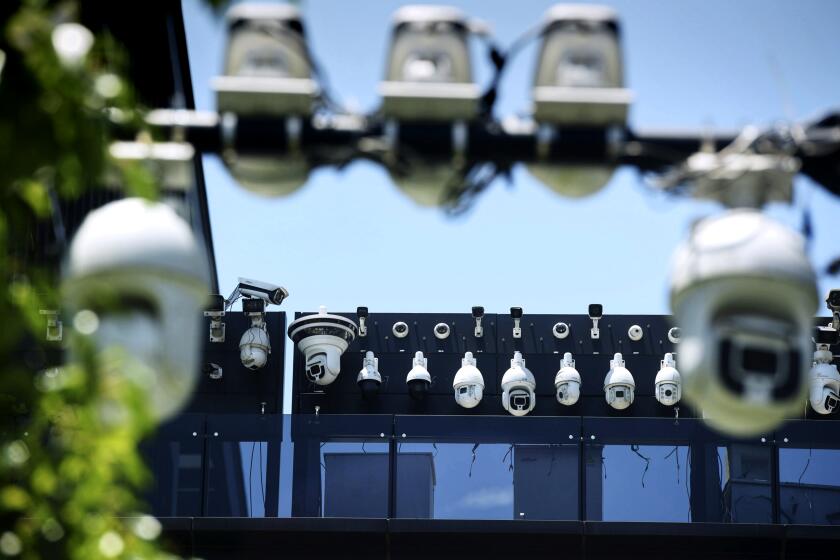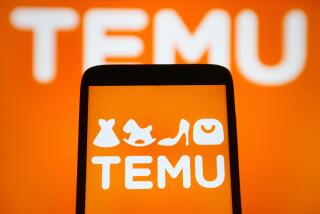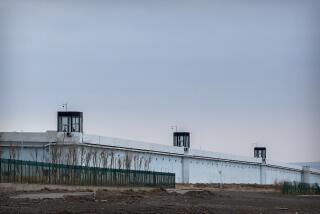France probes claims that Uniqlo, Skechers, Zara used forced Uyghur labor

French prosecutors have opened an investigation into alleged involvement in crimes against humanity based on claims that global retailers, including Uniqlo and the makers of Skechers shoes and Zara clothes, rely on forced labor of minorities in Chinaâs Xinjiang region.
The Chinese government on Friday reiterated denials of any forced labor in Xinjiang and lashed out at what it called interference in its internal affairs.
The investigation was opened last month by the crimes against humanity unit of Franceâs antiterrorism prosecutorâs office, a judicial official said Friday. The office has special universal jurisdiction to prosecute crimes beyond French borders.
The probe was based on a legal complaint filed in France this year by a Uyghur worker in exile and three human rights groups: Sherpa, the Uyghur Institute of Europe and Ethics and the Label Collective.
Facial recognition software developed by Dahua, a Chinese video surveillance firm sanctioned by the U.S., purports to detect the race of individuals caught on camera and offers to alert police clients when it identifies members of the Turkic ethnic group Uighurs.
The investigation doesnât name a suspected perpetrator but is aimed at determining who might be at fault and face eventual charges of involvement in crimes against humanity, the judicial official said. Such a procedure is standard under French law. The official was not authorized to be publicly named.
The complaint names Japanese retailer Uniqlo, U.S. shoemaker Skechers, French company SMCP and Spanish retailer Inditex, owner of Zara. The rights groups say the companies are benefiting from a Chinese system of repression against Uyghur and other Muslim minorities in Xinjiang.
China has come under criticism and sanctions for detaining more than 1 million Uyghurs and other Muslim minorities for political reeducation in the northwestern region of Xinjiang, and for imprisoning or intimidating into silence those it sees as potential opponents from Tibet to Hong Kong.
Uniqlo said in a statement to the Associated Press on Friday that it hadnât been formally notified of the investigation but would cooperate fully with French authorities âto reaffirm there is no forced labor in our supply chains.â
The company said none of its production partners are in Xinjiang. âThere has been no evidence of forced labor or any other human rights violation at any of our suppliers. If there is evidence, we will cease to do business with that supplier,â it said.
Skechers, headquartered in Manhattan Beach, said this year that regular audits of its facilities in China have found no sign of forced labor.
Inditex says on its website that it takes âa zero-tolerance approach towards forced labor in any of its manifestations and we implement policies and procedures to ensure that this practice does not take place anywhere in our supply chain.â
A Chinese Foreign Ministry spokesman, Wang Wenbin, said Friday: âWe have repeatedly stressed that the so-called âforced laborâ in Xinjiang is a lie concocted by a small number of anti-China elements from the U.S. and a few other countries, with the aim of disrupting Xinjiang and containing China.â
âWe firmly oppose any external forces interfering in Chinaâs internal affairs through Xinjiang-related issues,â he said.
The human rights groups celebrated the French investigation and expressed hopes it will help shine a light on what is happening in Xinjiang.
Joe McDonald in Beijing and Yuri Kageyama in Tokyo contributed.
More to Read
Inside the business of entertainment
The Wide Shot brings you news, analysis and insights on everything from streaming wars to production â and what it all means for the future.
You may occasionally receive promotional content from the Los Angeles Times.











